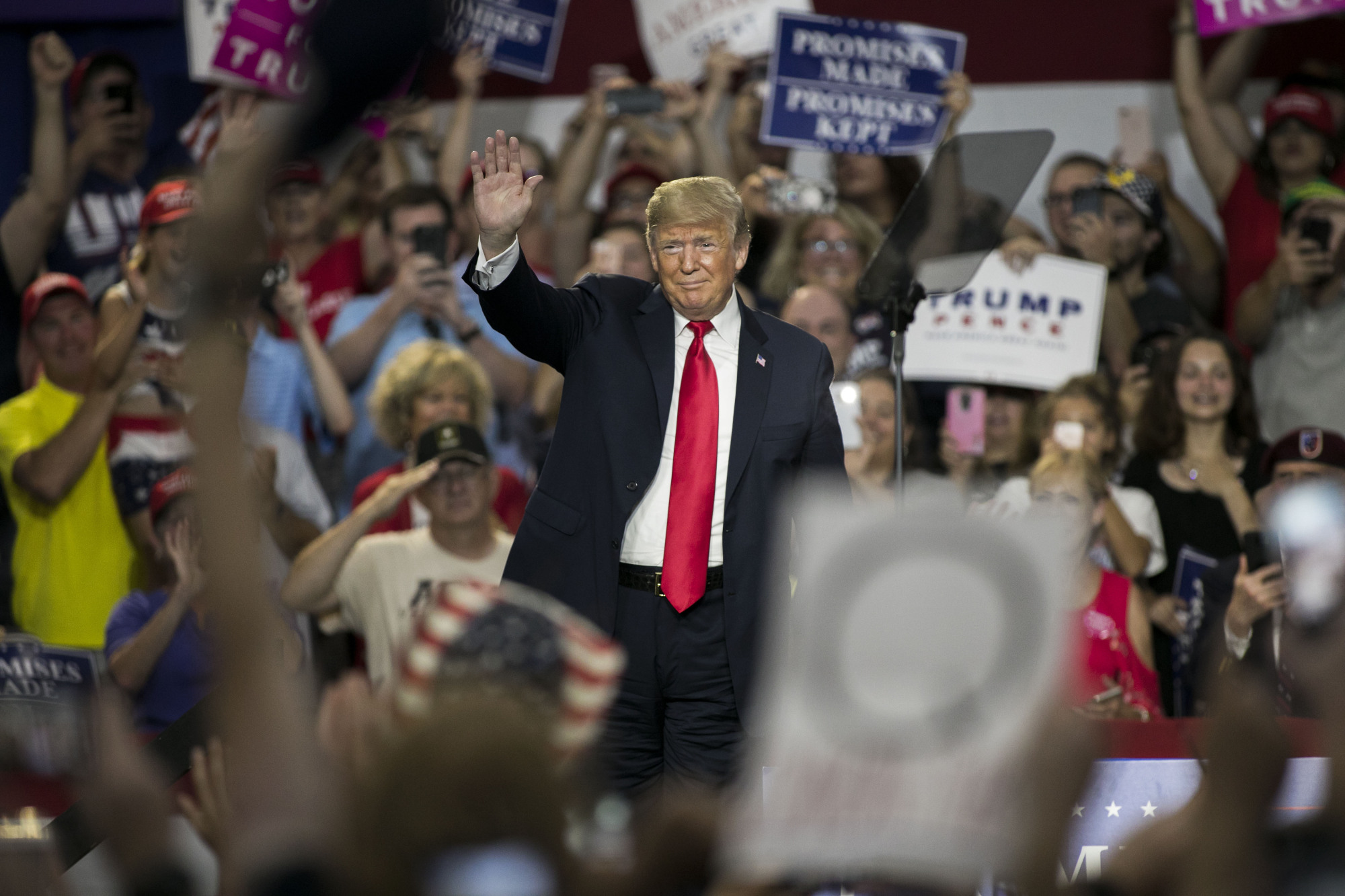It was late November 2016, and my Chinese counterpart, Vice Premier Wang Yang, was visiting Washington. Over the course of my tenure as U.S. secretary of commerce, the vice premier and I had developed a warm and candid relationship. Since this was to be our last official meeting, I decided to do something a bit different: take him to rural Virginia for a traditional Thanksgiving meal.
While we were surrounded by our usual phalanx of security, we effectively sat alone, with the exception of our two closest aides. Shortly after we were seated, the vice premier leaned in close and almost whispered to me, "Can you explain what just happened in your presidential election?" Clearly, the Chinese were just as surprised by the results as we were.
I told the vice premier that we were still trying to understand the outcome ourselves, but that it was important for him to appreciate that China had played a significant role in the election. As the translator spoke into his ear, he shot me a somewhat surprised look. I explained that then-candidate Donald Trump's "tough on China" rhetoric had tapped into an underlying strain of thought in the United States that Wang and other Chinese leaders needed to understand.



















With your current subscription plan you can comment on stories. However, before writing your first comment, please create a display name in the Profile section of your subscriber account page.